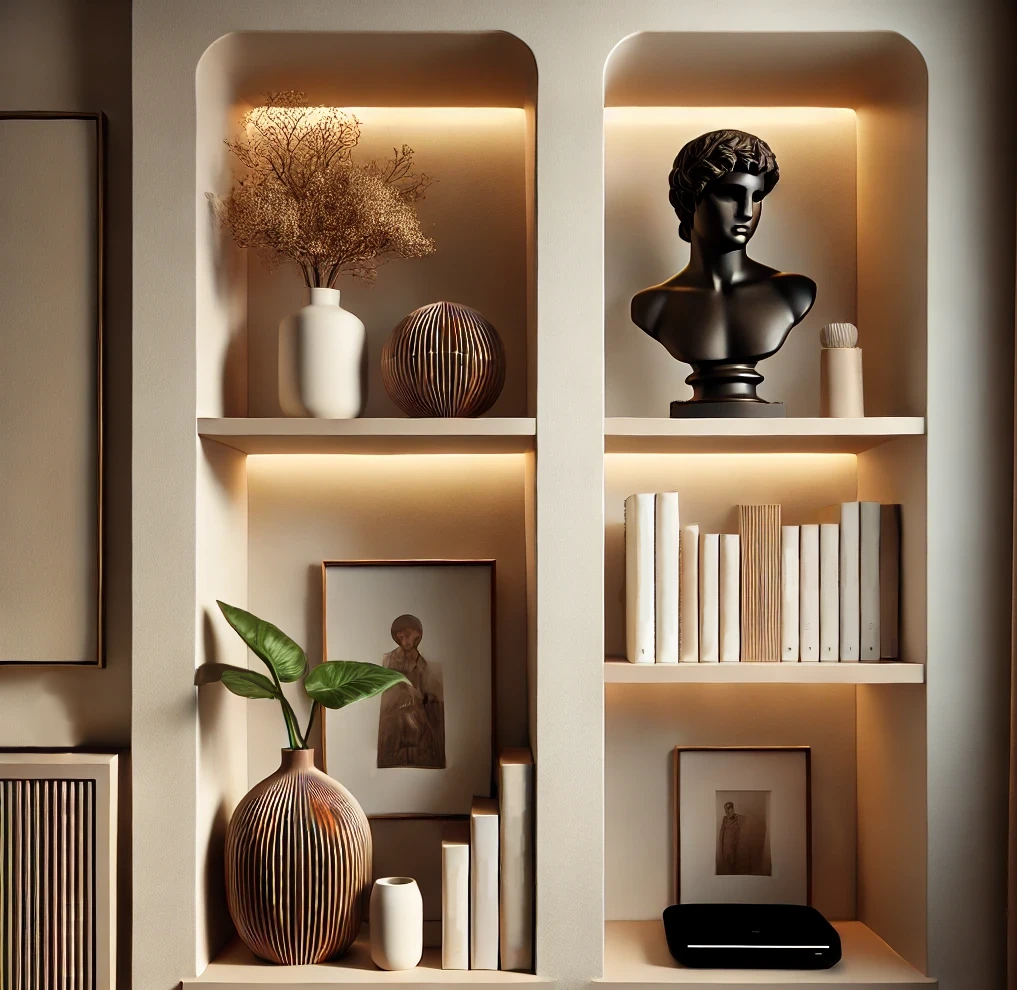In an era where mass production dominates the market, bespoke furniture offers a refreshing alternative that combines craftsmanship, sustainability, and individuality. Investing in bespoke furniture is more than just an aesthetic choice; it is a conscious decision that positively impacts both the local economy and the environment.
Supporting the Local Economy
When you purchase bespoke furniture, you are directly supporting local artisans, craftsmen, and small businesses. Skilled workers in your local area typically craft bespoke furniture, unlike mass-produced items often manufactured in large overseas factories. This support helps sustain traditional crafts and trades, which might otherwise be at risk of fading away in a world driven by globalisation.
Local furniture makers often source their materials from nearby suppliers, further boosting the regional economy. This approach keeps money circulating within the community, providing jobs and promoting economic stability. Additionally, investing in bespoke furniture fosters a sense of pride and identity in local craftsmanship, helping to preserve the cultural heritage of furniture-making techniques passed down through generations.
Environmental Benefits of Bespoke Furniture

The environmental impact of mass-produced furniture is significant, often involving long supply chains, high carbon emissions, and the use of non-sustainable materials. Local artisans typically craft bespoke furniture with sustainability in mind, prioritising quality over quantity and using durable, ethically sourced materials with minimal environmental impact.
One of the key environmental advantages of bespoke furniture is its longevity.
Manufacturers often design mass-produced items with obsolescence in mind, requiring replacement after a few years. In contrast, artisans build bespoke pieces to last, reducing the need for frequent replacements and associated waste. This durability allows bespoke furniture to be passed down through generations, further lessening its environmental footprint.
Moreover, the bespoke process allows for greater use of reclaimed or recycled materials, minimising the need for new resources and reducing waste. By choosing bespoke furniture, you are contributing to a more sustainable approach to consumption, one that values quality and longevity over short-term convenience.
Personalisation and Uniqueness
Beyond the economic and environmental benefits, bespoke furniture offers something that mass-produced items simply cannot: personalisation. Artisans design each piece of bespoke furniture to meet the specific needs and tastes of the buyer.. This means that the furniture not only fits perfectly into your space but also reflects your personal style and values.
Investing in bespoke furniture allows you to create a unique home environment that is truly your own, filled with pieces that have meaning and significance. Knowing that your furniture has been crafted with care and attention to detail adds a level of satisfaction and connection often missing in mass-produced alternatives.
Conclusion

Choosing to invest in bespoke furniture is a decision that goes beyond aesthetics. It is a commitment to supporting the local economy, preserving traditional crafts, and promoting environmental sustainability. In a world increasingly dominated by disposable culture, bespoke furniture stands as a testament to the value of quality, individuality, and responsible consumption. By opting for bespoke pieces, you are not only enhancing your living space but also making a positive impact on your community and the planet.










